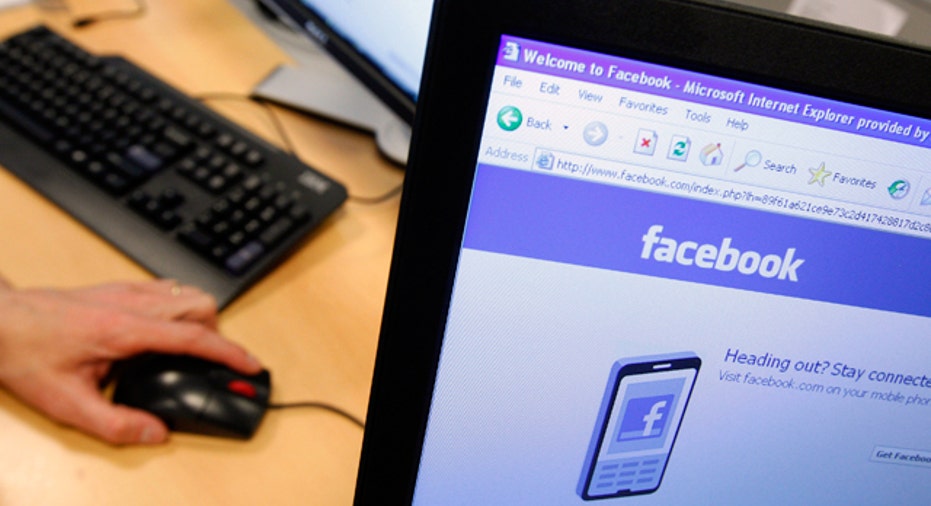Facebook Tweaks Facial-Recognition Software

Facebook has made it easier for users to opt out of its controversial facial-recognition technology for photographs, an effort to address concerns that it had violated consumers' privacy.
The deployment of ``Tag Suggestions'' technology -- designed to speed up the process of labeling friends in photos -- had renewed concerns about how the world's largest social network with 750 million members handles privacy.
The technology scans newly uploaded photos, compares faces in those snapshots with previous pictures, then tries to match faces and suggest name tags. When a match is found, Facebook alerts the person uploading the photos and invites them to ''tag,'' or identify, the person in the photo.
Connecticut Attorney General George Jepsen said in a June letter to Facebook that it compromised consumers' rights to privacy by analyzing faces in photographs posted on the website, then cataloging them.
Facebook has since met with Jepsen, and has started running ads telling users about the feature and allowing them to count themselves out of its use entirely.
``Facebook has made significant changes that will provide better service and greater privacy protection to its users, not only in Connecticut, but across the country,'' Jepsen said in a statement Tuesday. ``The company has been cooperative and diligent in its response.''
Facebook, which verified that those ads have run, has said the feature is available in most countries. Automated photo-tagging suggestions are only made when new photos are added, only friends are suggested and users can disable the feature in their privacy settings, the company has said.
``People across the country using Facebook will be more aware of our personalized privacy settings, and how they can be used to benefit their experience on the site,'' Tim Sparapani, director of public policy at Facebook, said Tuesday. ``We hope that people on Facebook will find the results to be helpful and useful.''
YOU IN OR OUT?
While other photo software and online services such as Google Inc's Picasa and Apple Inc's iPhoto use facial recognition technology, the use of the technique on am Internet network like Facebook raises thorny issues.
For instance, iPhoto gives users control over facial recognition by letting them elect whether or not to use the technology with personal photo collections. Facebook's, in contrast, operated independently and was automatically enabled, analyzing faces across a swathe of newly uploaded pictures.
The lack of notifications about the wider roll-out of the feature had spurred concerns among privacy advocates, who argue it should be up to users to allow it. A group of organizations had filed a complaint with the U.S. Federal Trade Commission requesting an investigation.
Such a system also raised questions about which personally identifiable information -- such as email addresses -- could become associated with photos in Facebook's database.
Addressing other concerns, the social network has also streamlined the process for reporting fake accounts or imposters, after Connecticut Representative Kim Rose complained to Jepsen about the difficulty of removing an account which had falsely labeled as hers and which asked for money.
In response, Facebook set up a ``roadblock'' system that freezes accounts reported until they are verified, made changes to the reporting system, and speeded up response times, Jepsen said in his statement. (Reporting by Edwin Chan, editing by Gerald E. McCormick)



















